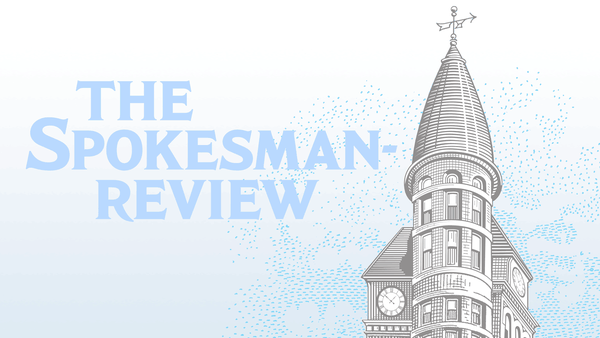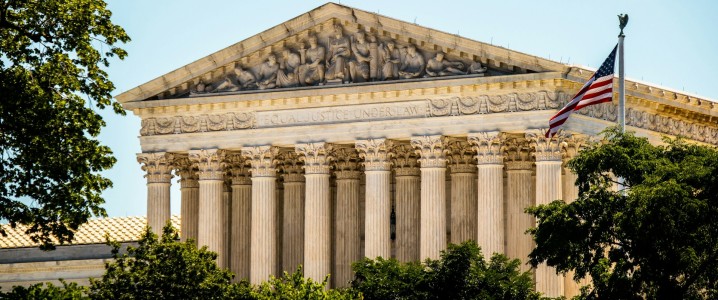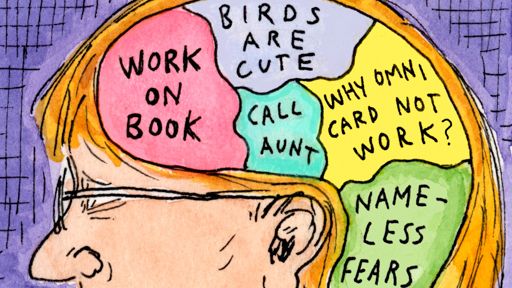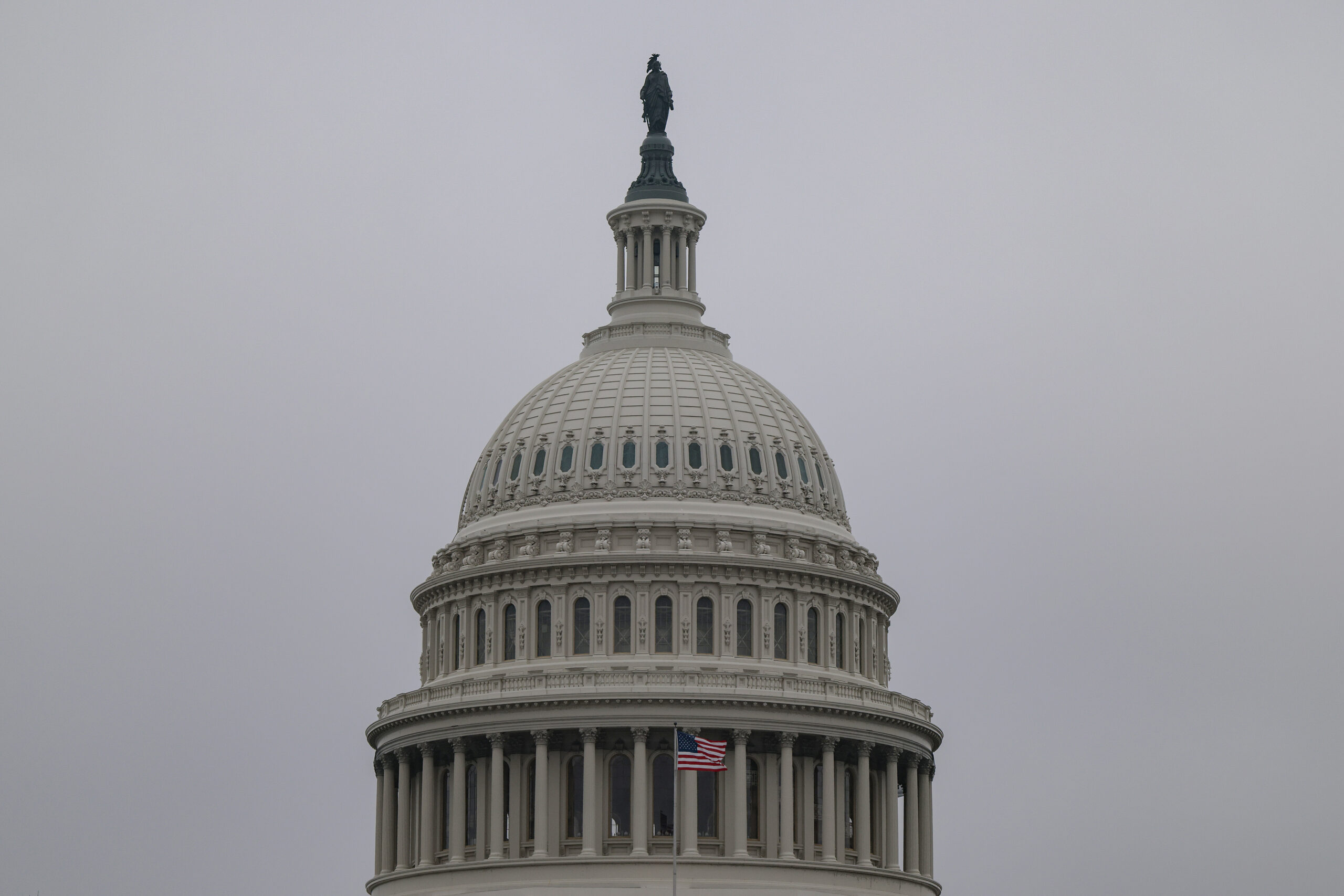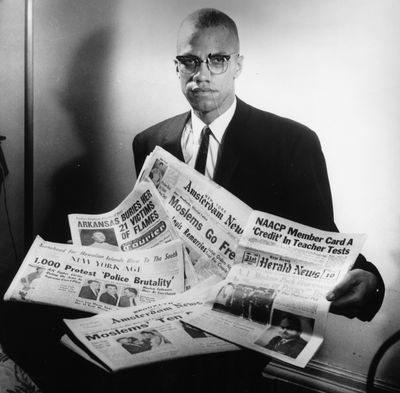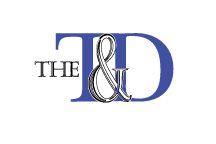The Federal Trade Commission has filed a lawsuit accusing Ticketmaster and Live Nation of colluding with brokers to inflate ticket prices. Citing alleged deceptive practices, the suit focuses on claims that Ticketmaster’s customer purchasing limits did little to prevent large-scale reseller acquisitions of event tickets.
FTC sues Ticketmaster and Live Nation for alleged collusion with resellers, deceptive ticket prices

Key Takeaways:
- The Federal Trade Commission has filed a lawsuit against Ticketmaster and Live Nation.
- The agencies claim brokers bought millions of tickets despite Ticketmaster’s stated purchase limits.
- Resellers allegedly inflated ticket prices significantly.
- The FTC considers these practices both deceptive and harmful to consumers.
Legal Action and Accusations
The Federal Trade Commission (FTC) has taken legal action against Ticketmaster and Live Nation, alleging the companies engaged in collusion with third-party brokers and used deceptive ticket pricing methods. According to the lawsuit, Ticketmaster’s publicly stated limitations on how many tickets any one customer could buy seemed to have little real-world effect.
Bulk Buying and Alleged Loopholes
“The FTC writes that Ticketmaster claimed to impose strict limitations on the number of tickets that consumers could buy for an event, yet brokers routinely bought millions of these tickets,” reads an excerpt from the complaint. By purchasing seats in such bulk, resellers then wielded near-complete control over pricing in the secondary market, a situation the FTC believes unfairly drives up costs for consumers.
Skyrocketing Ticket Costs
Once those tickets hit the resale circuit, “they were then sold at a much higher cost to consumers,” the lawsuit contends. As a result, concertgoers and fans of live events reportedly struggled to find tickets at reasonable prices, undercutting the notion that Ticketmaster’s policies effectively protected them from ticket-scalping practices.
Concerns for Consumers
The FTC is now calling into question the transparency of these companies’ ticket-purchasing rules. The agency argues that what appeared to be consumer-friendly limits was, in practice, a system overshadowed by large-scale broker purchases. If the allegations hold, it could fundamentally reshape how online ticket sales are regulated and enforced.
What’s Next for the Industry
Depending on the outcome of this lawsuit, changes in the live-entertainment ticket market could follow. At stake is not just Ticketmaster’s reputation but also how music fans, sports enthusiasts, and other event-goers may be charged for future events. Both consumer groups and industry insiders will be watching closely as this legal battle unfolds.



